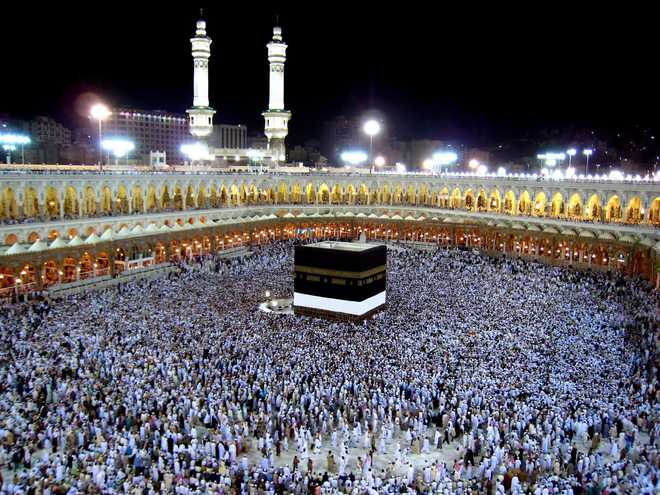by Dr Altaf Hussain Shah
Read the prescription of a Unani doctor about how to stay healthy in Eidul Azha, a Muslim festival when too much of protein is around, almost everywhere.

Eid-ul-Adha, also known as the Festival of the Sacrifice, is one of the two major Islamic holidays. Muslims around the world celebrate this festival with great enthusiasm, often marked by a variety of meat dishes such as BBQs, kebabs, and steaks. However, the increased consumption of red meat, fried foods, and fatty foods can lead to serious health issues both in the short and long term.
Here are some tips to stay healthy and active during Eid-ul-Adha:
Portion Control: Eating large amounts of protein can be harmful to your kidneys and liver, as protein takes longer to digest and can upset your stomach, leading to acidity and nausea. While it can be tempting to indulge, especially on festive occasions, try to enjoy a little bit of everything in moderation.
Take Vegetables Too: Balancing your meat dishes with vegetables is essential. Vegetables provide fibre, which helps meet daily fibre needs and prevents constipation and heartburn. Including a variety of vegetables in your meals can make your diet more balanced and nutritious.
Consume Clean Meat: To stay healthy during Eid, it’s crucial to handle meat safely. Clean your meat thoroughly, remove any visible fat, and properly drain it before storing. This reduces the risk of contamination and ensures you consume cleaner, healthier meat.
Avoid Fried Meat: Fresh meat is already heavy, and frying it increases its fat content and caloric value, making it harder to digest. Opt for grilling, baking, or steaming meat to keep it healthier and easier on your digestive system.
Have Time to Digest: Allow at least six hours between meals to give your body time to digest the food properly. Eating less at night is also advisable, as the body’s digestive system slows down.
Avoid Soft Drinks: Soft drinks, often included in festive meals, are high in calories and sugar. Overindulging in these can significantly increase your caloric intake. Opt for water, fresh juices, or other low-calorie beverages instead.
Take Green Tea: Green tea can enhance digestion. Another excellent option is ginger tea, which helps with gas, bloating, cramping, and indigestion. Ginger tea also aids in the emptying of the stomach, promoting better digestion.
Self-Control: Practising self-control can prevent you from experiencing heartburn, nausea, stomach pain, and other gastrointestinal issues. Overeating, especially red meat, can cause serious digestive problems, so it’s important to listen to your body and eat in moderation.
Use Organic Items: Incorporate Unani medicine practices by using ingredients like garlic (lahsun), papaya (papita), cumin (zeera), fennel (saunf), ginger (adrak), cardamom (illaichi), cloves (loung), and peppermint (pudina). These ingredients can help with digestion and alleviate many health issues associated with heavy meat consumption.
This Eid-ul-Adha, take these precautions to maintain good health and make the most of the celebrations without compromising your well-being.
(The author is a senior medical officer at Ayush Unit, District Hospital Pulwama. Ideas are personal.)














